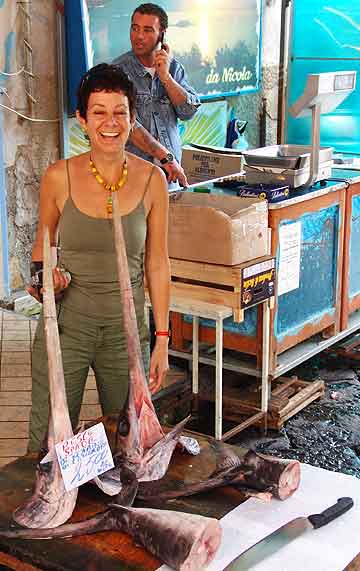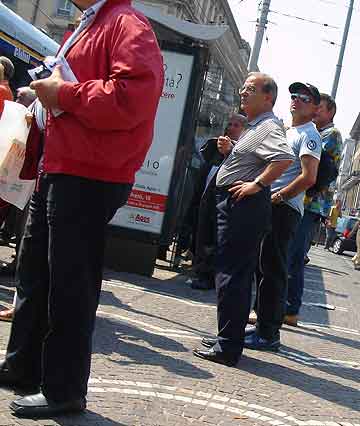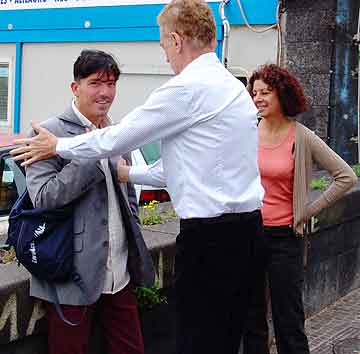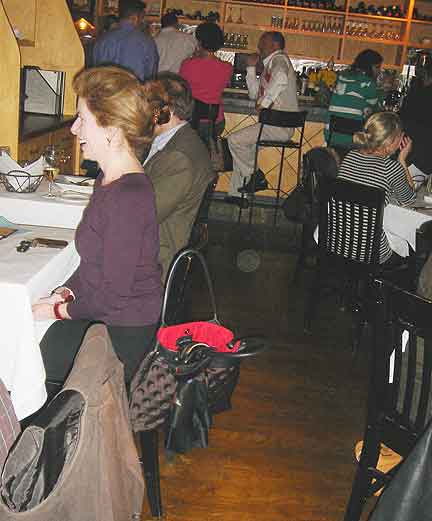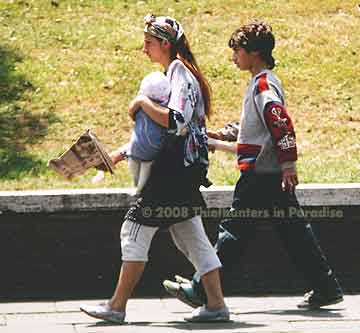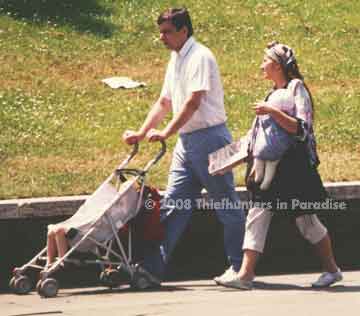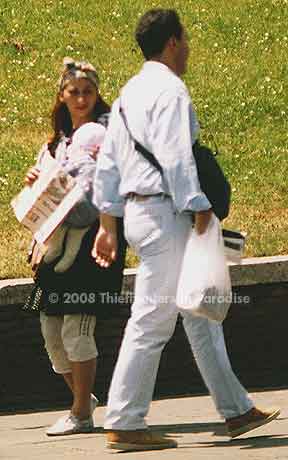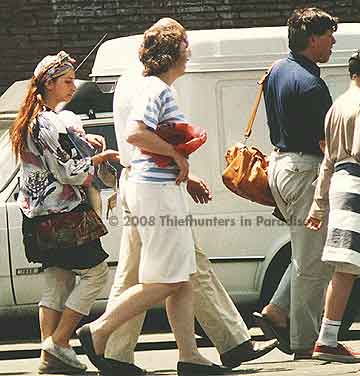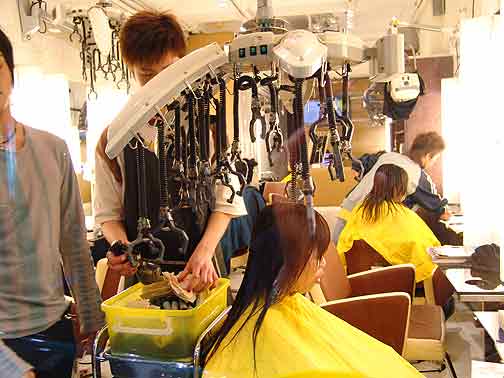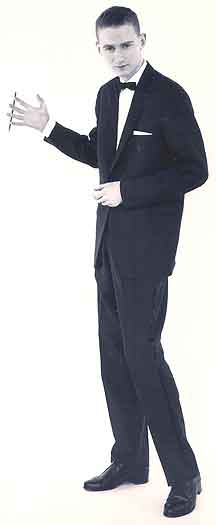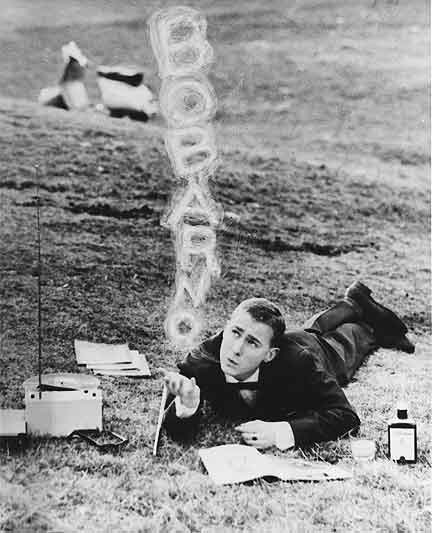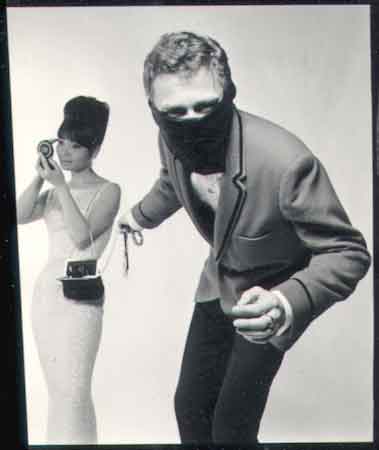
City of Hugs and Thugs. Naples, Italy— At the next stop, two more suspects pushed on beside me. The bus remained crowded all the way to the park before the tunnel, then loosened up a bit. All the thieves stayed aboard, determined, as a group, to get Bob’s wallet. The gray-haired man tried forever, then finally turned the job over to a colleague while he blocked and pinned Bob in a ridiculously obvious way. The tram was no longer crowded; there was no excuse for him to be so close!
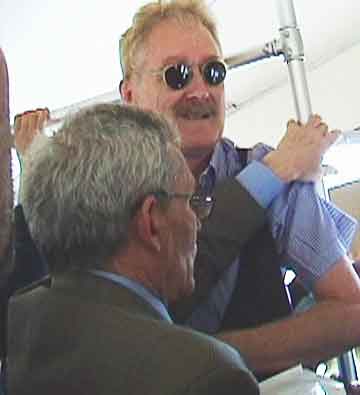
None of them got it, though they tried hard. We all got off at Piazza Vittoria, the end of the line. Bob touched the gray-haired man’s shoulder and asked him to talk to us for a minute.
He tried to get away but Bob was insistent and started touching him all over and jabbering at him. A criminal crowd gathered, curious thieves, intrigued and protective of their members. I circled around them all with two cameras rolling as Bob stole the gray-hair’s cell phone, then his tie. It was perfect. He had no idea what was happening, no idea anything was gone. It was hilarious to see his confusion in the role of victim. Funny to Bob and me, and funnier still to the criminal crew.
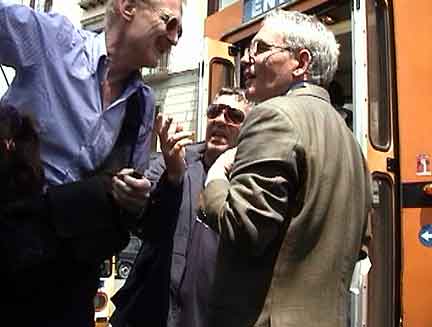
The other pickpockets burst into laughter. After a moment’s delay, so did gray-hair. Then Bob stole his glasses and another guy’s watch. Great reactions.
That, as usual, broke the ice and established instant rapport. There were introductions all around, and a suggestion for coffee at a bar across the square. Tony, a happy, funny guy who had only two large rabbit teeth, was the most outgoing. It took us, and him, several minutes to realize we’d met before. We had coffee with him and his partner, Mario, in 2001. Tony now made a laughing phone call to Mario to tell him he was with us again.
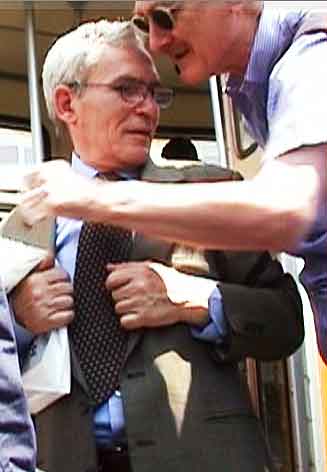
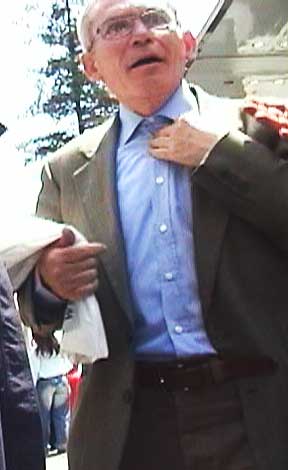

Salvatore, the youngest, asked a lot of questions about us and what we do, and was eager to meet again. [We did meet again.] He gave us his cell phone number, and wanted to know when we’d be back. Like the others, he had missing and mostly rotten teeth. All of them seemed to love when we dropped the names of other local thieves we know. It must sort of prove that we’re okay. We talked shop as best we could with limited language. They all had a great time with us, it was obvious.

Tony showed us pictures of his wife and children. He showed us how his own wallet was wedged tightly sideways in his back pocket so it couldn’t be removed. Then he demonstrated the local specialty: removing money from a wallet without removing the wallet from the pocket. Very slick. Gray-haired Nuncio then showed how he uses his bag of newspaper to shield an inside-jacket-pocket steal (considered the most difficult).
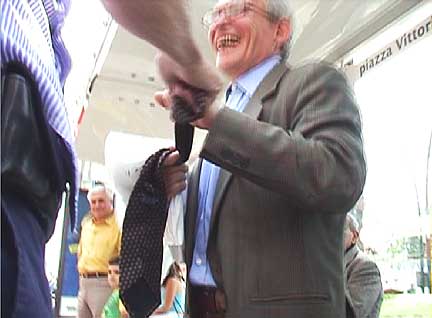
The question remains: why did this gang of veteran thieves fail to get Bob’s wallet? Unfortunately, we couldn’t ask such a sophisticated question without an interpreter. But we’ll return, and we know where to find them. After eleven years of observing street thieves in Naples, we’ll do better interviewing now, than filming on trams.
Too many thieves know us.
This is part 4 of 4. Part 1
![]()



